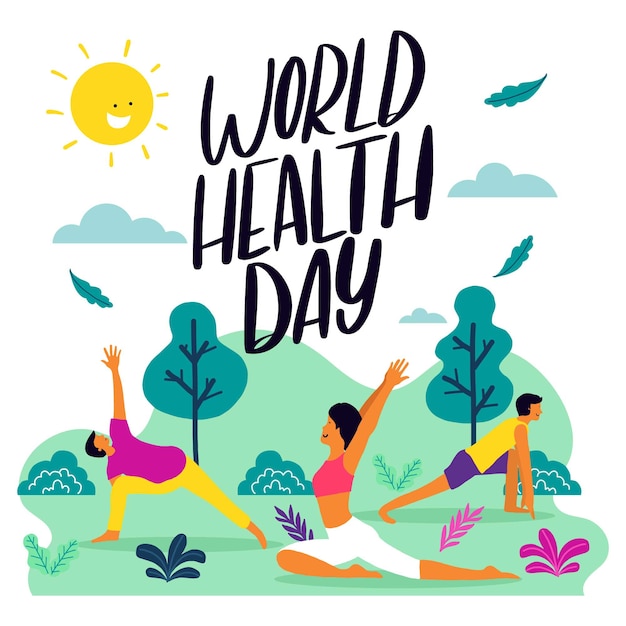
Staying healthy doesn’t have to be complicated – it can be as straightforward as eating right. A good diet helps fight off and manage serious illnesses like heart disease and diabetes. Everyone’s version of “healthy eating” might be different, but the goal is the same: to regularly eat foods and drinks packed with the nutrients our bodies need.
What does good nutrition really mean, though? It’s the foundation of good health and involves eating food high in essential vitamins, minerals, and fiber without consuming too much fat. Try to make sure you eat five servings of fruits and veggies every day, and be aware of portion sizes to avoid consuming more calories than your body needs.
Healthy eating, combined with regular exercise, can make a significant difference to your health. Don’t chase after trendy diets that promise quick results but are hard to stick with and could even harm your health. Instead, choose a sustainable approach: eat nourishing foods like roti (Indian bread), and understand the calorie count of such items.
To figure out if you need to change your diet, ask yourself these questions:
1. Has your doctor shown concern about a health condition you have or a risk factor, like high blood pressure?
2. Has your doctor suggested that healthier eating could improve your health?
3. Are diseases like diabetes, cancer, or heart disease common in your family?
4. Have you been gaining weight or are currently overweight?
5. Are you unsure about what type of food you should be eating?
6. Do you think seeking advice from a nutritionist could be beneficial?
Incorporating healthier eating habits into your life can be challenging, but start off by making small changes. Especially if your health is affected by what you eat, such as kidney disease or lactose intolerance. Here are some tips to improve your health:
1. Assess your diet: Are you eating 4-5 servings of fruits and vegetables daily? Are you getting enough calcium? Including whole grains and high-fiber foods? If yes, keep it up! If not, start adding these foods into your daily meals.
2. Keep track of what you eat: Writing down your daily food and drink intake can help you understand your eating habits better.
3. Ask for professional advice: A registered dietitian can give personalized food advice, particularly if you have specific health concerns.
Cutting down on unhealthy fats is also a great move towards healthier eating. Here are a few ways to do this:
1. Bake, grill, or broil your meat instead of frying. Remove the skin from chicken or turkey before cooking and try to eat fish at least once a week.
2. Limit extra fats like butter on bread or fatty salad dressings. Choose low-fat or fat-free alternatives.
3. Add more fruits and veggies to your meals and snacks.
4. Read food labels carefully before you buy food. Ask your healthcare provider or dietitian for help if you struggle to understand them.
5. When eating out, watch out for hidden fats and oversized portions.
Remember, staying hydrated is also crucial for good health. Choose water or low-calorie drinks over sweet ones.
Remember, there’s no magic solution to better nutrition. A varied, balanced diet of whole foods is always best. Be wary of diet plans or products that seem too good to be true. They often don’t mention possible side effects or the high chance of gaining lost weight back. Start with practical, achievable diet goals – your health is well worth the journey!
This article was written by Anamika Singh, a content marketer at Rotimatic, and offers advice on healthy eating and improving your nutrition.
Categories: HealthyTips
Tags: Achieving, Better Health, Expert Advice, Smart Eating


